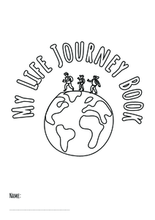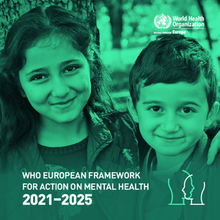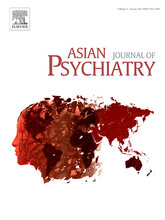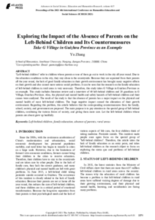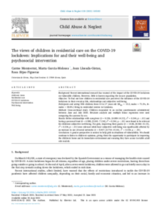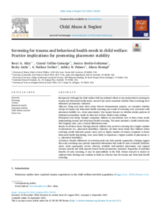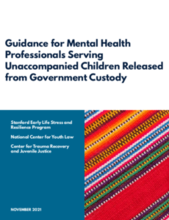Displaying 61 - 70 of 526
Since the start of war in Ukraine, more than 4 million people have fled, half of whom are children. As of today there is the Mylifejourneybook for these children: an activity book in which children can write their experiences of the journey, but also their memories of Ukraine and their hopes for the future. The book can be downloaded free of charge for everyone at www.lifebookforyouth.com/mylifejourneybook
The WHO European Framework for Action on Mental Health (EFAMH), covering the period 2021–2025, sets out a response to current mental health challenges arising from the negative impact that the COVID-19 pandemic has had on population mental health and well-being. The EFAMH provides a coherent basis for intensified efforts to mainstream, promote and safeguard mental well-being as an integral element of COVID-19 response and recovery; to counter the stigma and discrimination associated with mental health conditions; and to advocate for and promote investment in accessible quality mental health services. Implementation and monitoring of this Framework for Action will be powered by the Pan-European Mental Health Coalition, a flagship initiative of the European Programme of Work 2020–2025. Draft of this document was tabled as a background document for the discussion on mental health during the 71st session of the Regional Committee for Europe, Virtual session, 13–15 September 2021.
There are a multitude of stakeholders involved in the protection, education, mental health and psychosocial care of children for children in low- and middle-income countries. This article presents how the current medical and public health models for child mental healthcare, do not adequately address the complexities of child protection and mental health. It argues for mental health professionals to: (a) recognise the role of Adverse Childhood Experiences (ACEs) in mental health morbidity; (b) adopt an alternative approach, namely that of transdisciplinarity, to enable more effective solutions to children’s psychosocial and mental health issues, through systemic reform and transformation.
The resource provides information about the care and support of lesbian, gay, bisexual, transgender and questioning children and youth.
"Left-behind children" refer to children whose parents or one of them go out to work in the city all year round. Due to the education conditions in the city, they stay alone in the countryside. Because they are separated from their parents all the year round, the lack of good family education in their growth environment has brought many negative effects on their growth and also caused more serious social problems. It can be seen that the research on the family education of left-behind children in rural areas is very necessary. Therefore, this study takes G Village in Guizhou Province as an example. This study includes literature review and a interview of 40 left-behind children and 20 guardians in G Village, Guizhou Province. Also, the physical and mental health and safety hazards of left-behind children and their causes were analyzed.
Recent international research has warned of the impact of the COVID-19 lockdown on vulnerable children. However, little is known regarding the in-care population. The objective of this study was to find out how children in residential care perceived the influence of the COVID-19 lockdown in their everyday life, relationships and subjective well-being. Participants and setting: 856 children from 10 to 17 years old (Mage = 15.5, males = 71.2%, females = 28.8%) living in residential centres in Catalonia.
Findings of this report suggest that early screenings for trauma and behavioral health needs may provide important information that could be used to identify children's needs, make appropriate service referrals, establish well-matched placements, and support resource parents and birth parents toward better permanency outcomes.
This webinar, the sixth in the Transforming Children's Care Webinar Series, provided an introduction to trauma-informed care from various perspectives and vantage points.
Providing effective mental health services to unaccompanied children released from federal immigration custody is both critically important and incredibly challenging. Developed by children’s rights attorneys and mental health experts on trauma and immigration, this Guide is grounded in the voices and experiences of unaccompanied children.

